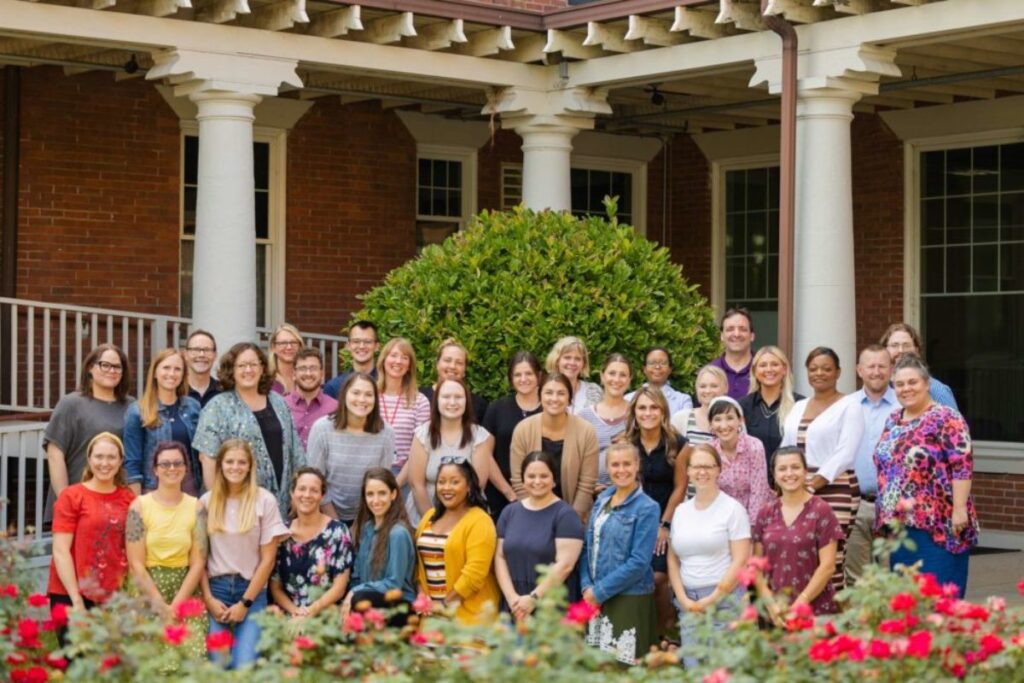Imagine walking into your first mental health counseling session with your new counselor. You feel a little nervous. Will she ask intrusive questions? Will she judge you? Will you even get along? You begin to introduce yourself and share your story. In the middle of your sharing, you look up at her and, to your dismay, she is in the middle of sending a text! She does not even meet your glance, and you immediately feel you should not have come.
This story may sound a bit ridiculous, but it is based on a true story shared by Dr. Jenny Davis-Prefer, our own faculty in the Grace mental health counseling department. In her early years in the counseling field, she saw her older counterparts doing this exact thing. The goal of the Grace mental health counseling program is to equip graduates with skills needed to be exceptional counselors. So what skills are needed for excellent counselors?
#1: Objectivity
According to Dr. Jenny Davis-Prefer, professor of Grace mental health counseling, the first skill that comes to mind is objectivity. Objectivity is when a counselor is able to separate their own experiences, beliefs, values, and expectations from those of the client so that the counselor is not bringing their own issues into their clients’ sessions.
“I believe that the skill of objectivity is developed as counselors consistently engage in doing their own emotional work,” Dr. Davis-Prefer says. “We spend a lot of time talking about objectivity in our program, especially as students move into their final year. At Residency this year, many of my students started using the phrase “it’s a me thing” in discussions as they reflected on how their own background was getting in the way of viewing client issues objectively. The ability to determine what is “a me thing” and put that aside to be objective when working with clients is huge!”
#2: Boundaries
The second skill is the ability to develop and maintain boundaries. According to Dr. Davis Prefer, boundaries are the rules that we set for ourselves, not rules we make for others to control their actions.
“Great counselors need boundaries for their own emotional well-being as well as modeling this skill for clients. Boundaries can help counselors create a healthy work/life balance so they can be emotionally and physically prepared to be objective, empathetic, strategic, and effective in supporting their clients.”
Not only does boundary setting protect counselors, but it also models appropriate behavior for clients. “Modeling this skill shows clients that people have the power to change how they interact with others. By doing this, they can improve their own mental health.” today!





